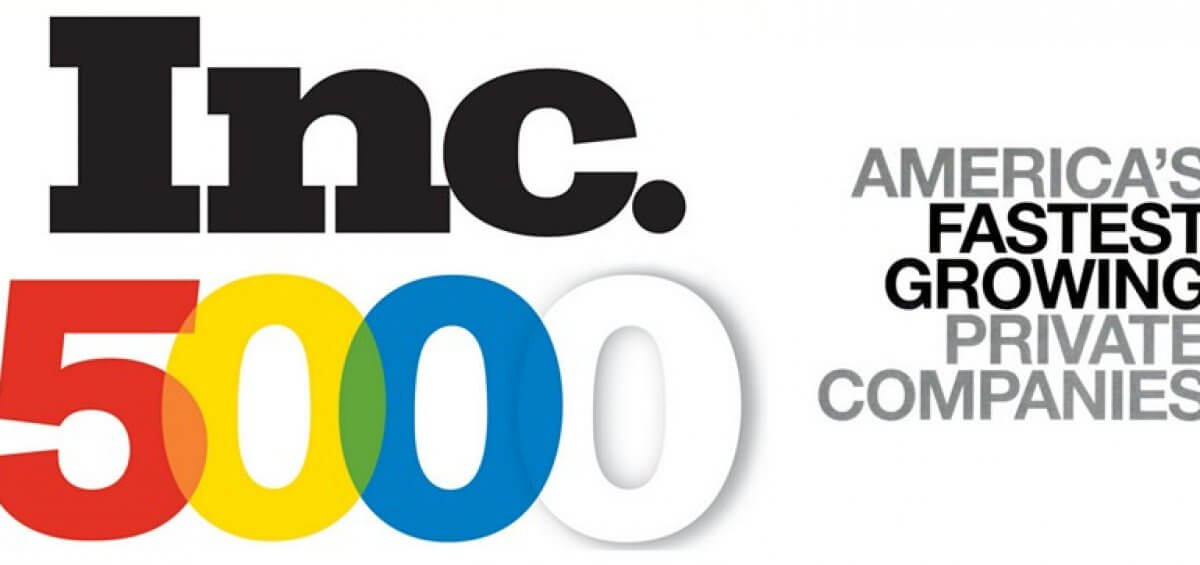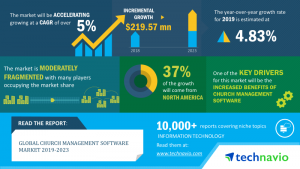 Check out how an entrepreneurial company focused on software for churches made the Inc. 5000 list of the fasting growing companies in the US (RFBF President Brian Grim provided background for the Inc. story).
Check out how an entrepreneurial company focused on software for churches made the Inc. 5000 list of the fasting growing companies in the US (RFBF President Brian Grim provided background for the Inc. story).
The Inc. 5000 is a guide to the 5,000 fastest-growing privately held companies in the U.S.
One of those companies is Flocknote, a popular text- and email-messaging service that’s exclusively focused on religious institutions. The Dallas-based company — profiled this month by Dan Whateley at Inc.com — was started by Matthew Warner 10 years ago had $2 million in revenue last year and registered at No. 1,520 on the Inc. 5000, an annual list of the fastest-growing private companies in the U.S.
Quoted in Inc., Matthew Warner notes that 10 years ago churches didn’t have a software budget, but now many of the larger ones spend thousands.
Indeed, the the worldwide market for church management software is expected to grow by hundreds of millions of dollars, according to the London-based research firm TechNavio.
TechNavio notes that “Numerous churches are increasingly adopting church management software to efficiently and smoothly manage daily operations such as managing membership emails and databases. The use of software leads to a higher accountability and saves time by organizing the information in a more accessible, user-friendly, and comprehensive manner. Additionally, it also enhances communication and improves management of financials. The adoption of church management software also regulates the room and facility schedules and records the deployment of volunteers. Such benefits of church management software will drive church management software market growth in the coming years.”
Like many traditional brick-and-mortar businesses, congregations are adapting their practices to keep people engaged and coming back. The need has become particularly urgent, as the Pew Research Center notes in its most recent Religious Landscape Study that an increasing number of Americans–Millennials in particular–say they do not subscribe to any organized religion.
“Millennials are so much less likely to go to church than their parents or grandparents,” says Brian Grim, a former senior researcher at the Pew Research Center who now serves as president of the Religious Freedom & Business Foundation. “One thing I’ve really been impressed with is that faith groups are not static,” he says, adding that religious communities need to respond to this reality.

